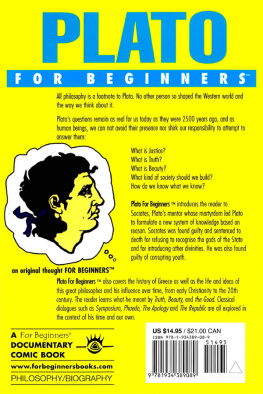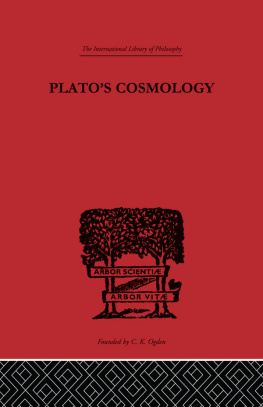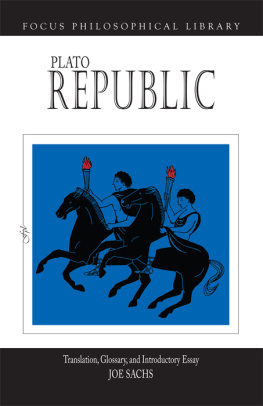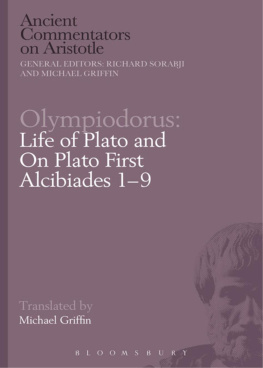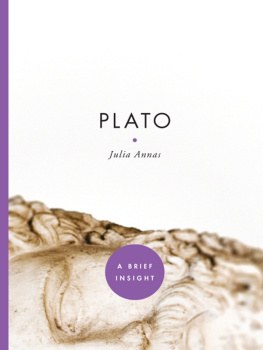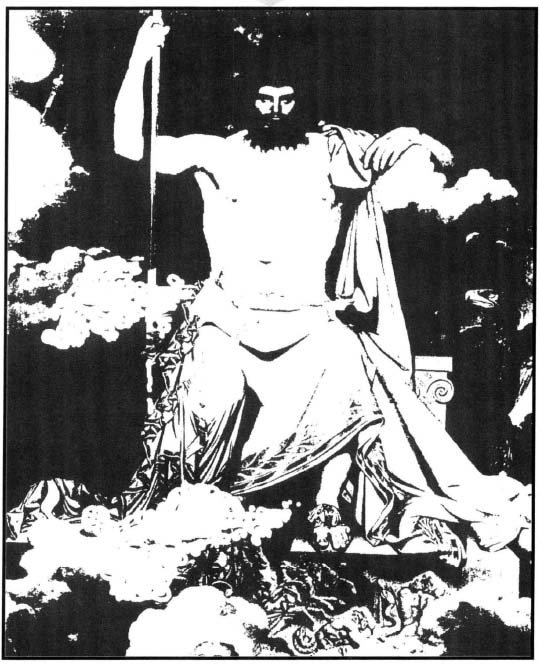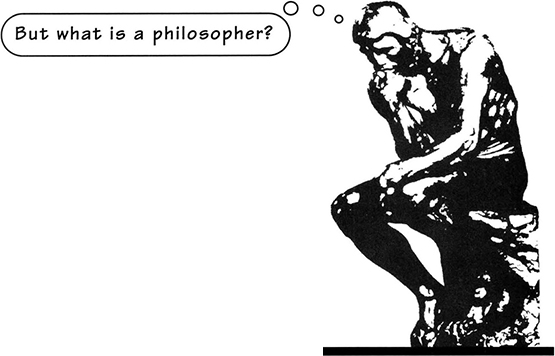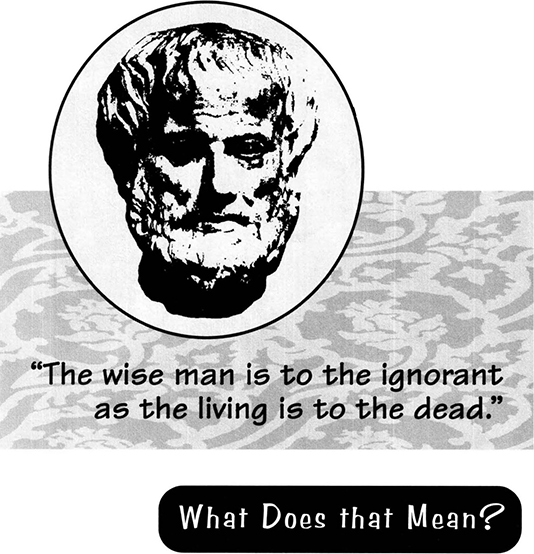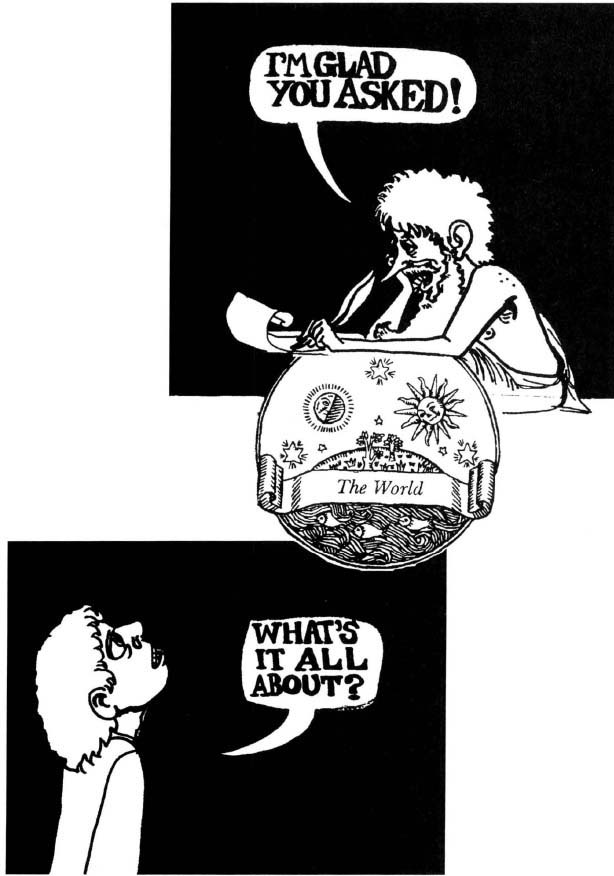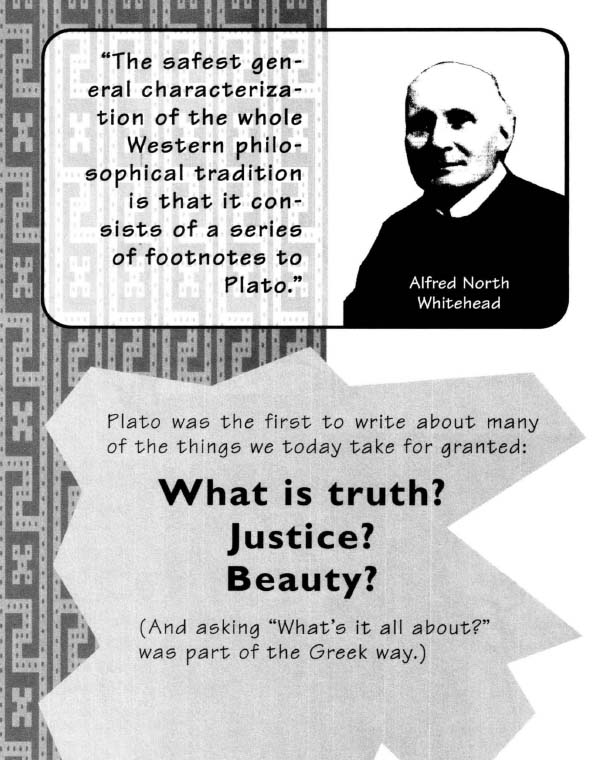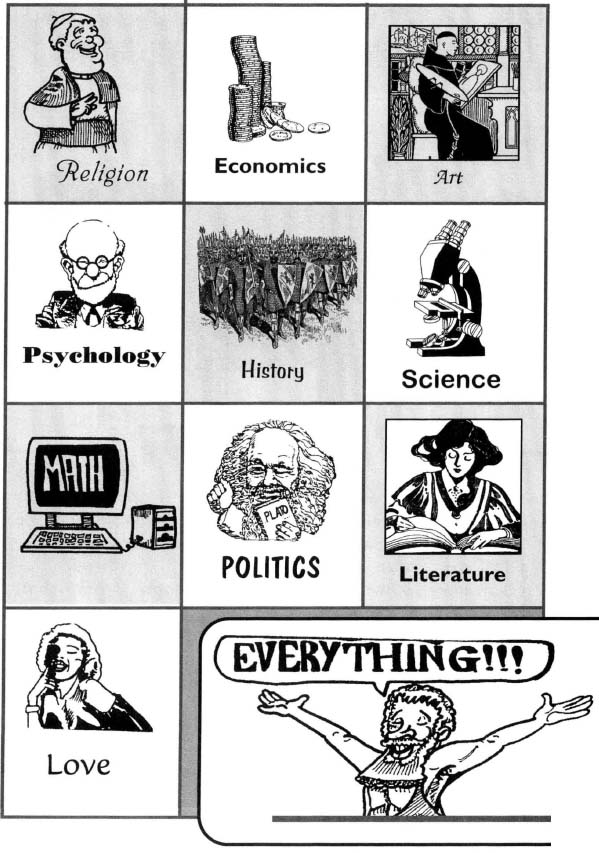Someone who deals with philosophy (a Greek word meaning love of wisdom). So why should we care about wisdom? In answer to that question, Aristotle, a student of Plato, once said:
It means that understanding the world, ourselves, and how we know what we knowmakes our lives deeper, more meaningful basically, BETTER!
Platos approach to this question and the answers he arrived at changed the way we think about the world and our place within it.
Platos influence has been so great that a prominent modern philosopher, ALFRED NORTH WHITEHEAD, once declared:
HISTORY OF GREECE
OUR STORY BEGINS LONG, LONG AGO IN A CIVILIZATION FAR, FAR AWAY...
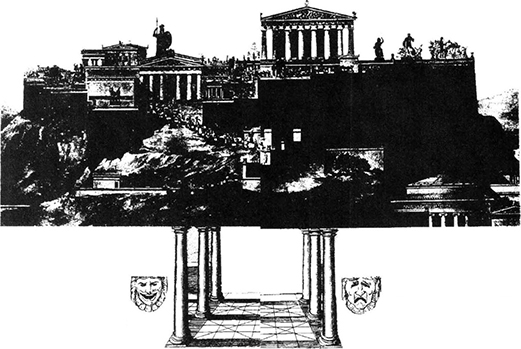
Today, we tend to think of Greek art and culture as Classical. By that we mean cool, clean lines, white marble sculpture, tapering columns grace and restraint. In reality, Greek buildings and statues were painted in bright, garish colors.
The paint wore off over time, thus leaving us with the wrong impression. The Greeks, as we know from their writing, were actually a people torn between reason and madness, freedom and slavery, war and peace, life and death.
In the year 428 B.C., Plato was born into this world the center of which was the important city-state (polis) of Athens. High above the walls encircling the city was the Acropolis the temples built to honor the gods. Foremost of all was the goddess Athena, protectress of the city. The embodiment of strength in peace, Athena ruled over this cradle of philosophy.
Athens was one of the oldest city-states in Greece. Its foundation is lost in the mists of pre-history. But by Platos time, it had grown into the richest, most populous Greek city. Its central location and access to the sea made it the commercial and cultural center of Hellas, the Greek world.

Greece was poor in natural resources. It was dry, with few rivers. The soil was great for growing olives and grapes, but other crops grew with difficulty. The land was cut up by mountain ranges and divided by water, especially the Peloponese and the islands of the Aegean.
This physical situation encouraged the growth of small self-sufficient city-states. All shared a common language and basic culture, but sometimes little else. In fact, the Greeks seemed to enjoy fighting each other more than anyone else.
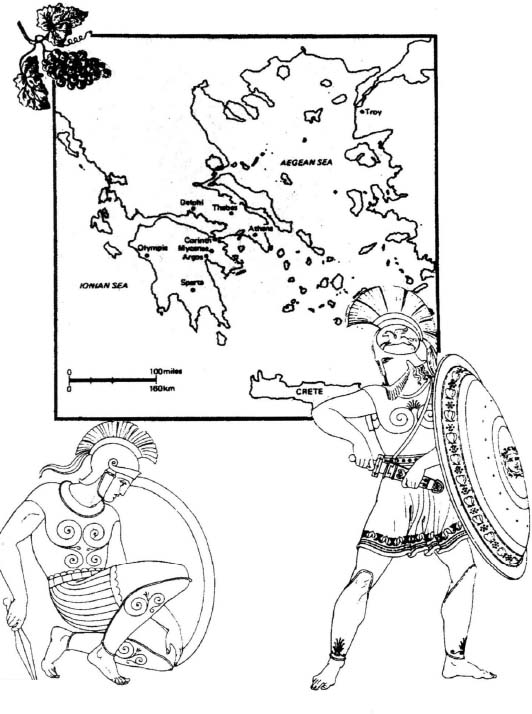
Politically, Greek city-states were organized in one of three ways:
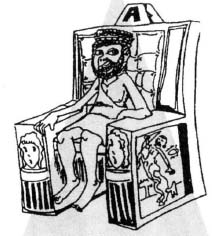
AUTOCRACY rule by one, king or tyrant
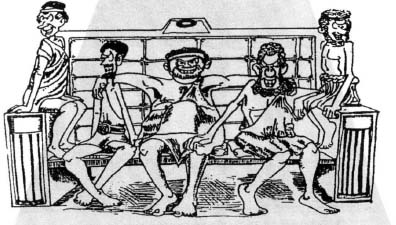
OLIGARCHY rule by the few, the noble and the rich

DEMOCRACY rule by the many, or the people as a whole
Athens was known as the birthplace of democracy. In reality, it was a three-tiered society.
THE FIRST TIER consisted of all the male citizens, ranging from wealthy landowners to merchants and even including poor laborers.
THE SECOND TIER consisted of free women and resident foreigners.
THE THIRD TIER consisted of the large slave population.
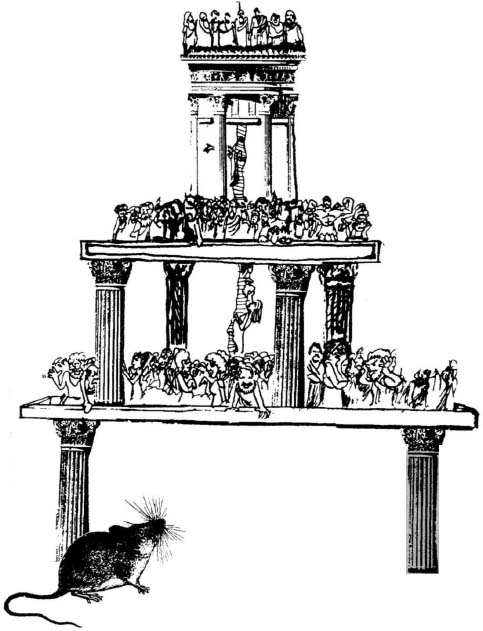
Only the male citizens could vote in the Assembly and hold positions in the Council, which governed the city-state.
The political evolution of Athens went through many stages. At first, it was a primitive monarchy led by hereditary kings. Then, the land-owning aristocrats assumed control. The earliest experiments in democracy were the reforms of Solon, which failed because of imbalances of power and clan rivalries. They were followed by an oligarchy in which power was based on wealth. Tyrants, whose authority was based on military force, eventually seized power. They were able to rule by playing the poor against the rich.

